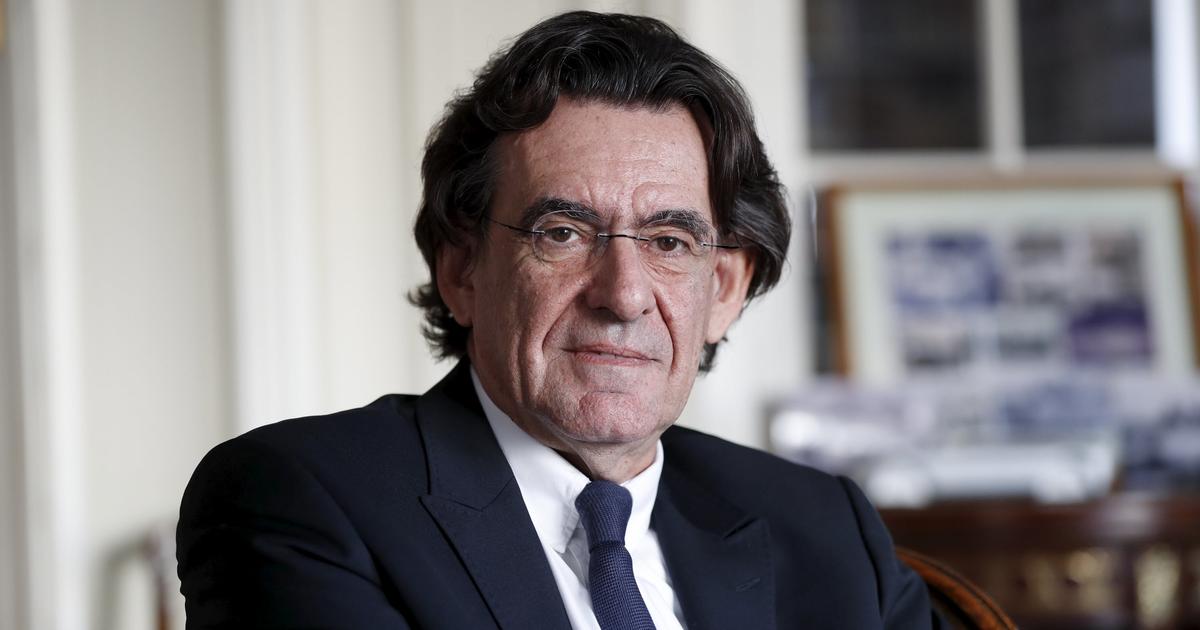Enlarge image
Work is waiting, but it's simply more comfortable in the sofa: Our guest author knows how to trick yourself into finally getting active.
Photo: Sean Marc Lee / Getty Images
A few yards away, two buckets on the edge, both filled with coins.
Each one weighs three kilograms.
The first is closer to the start, the second closer to the finish.
At the start line, a student is given a task: go off, grab a bucket along the way and carry it to the finish - no matter which one.
Does he choose bucket 1 or bucket 2?
It would be rational to take the second bucket. It is closer to the target, the carrying distance is shorter, and the effort required is less. But in an experiment by psychologist David Rosenbaum, most of the test subjects dragged the first bucket to their destination - over an unnecessarily long distance. This discovery was a coincidence, actually Rosenbaum was investigating the movement sequences when walking and grasping. The irrational decision of his subjects surprised him and he asked them why. Almost all of them gave the same answer: "I wanted to get the job done as quickly as possible." They found it more annoying to carry a project a few meters too far in their heads than the bucket a few meters too far in their hand.
Better to finish a task sooner than later, even if it takes more work: Rosenbaum gave this phenomenon the name »precrastination«. "Cras" is the Latin word for "tomorrow", "pre" stands for "before". It is the opposite of "procrastination," postponing, pushing ahead. Precrastination and procrastination are only an unequal pair at first glance. You have the same goal: to turn your back on a task. Precrastinators achieve this by completing the task prematurely and leaving it behind. Distract procrastinators by turning away from the task at hand.
Postponing it can be a sensible decision, for example if more information or resources are available later. Especially in the world of work, it is not uncommon for the task to change afterwards, and those who start too early are stupid. Some things get done completely if you wait. The decisive factor in procrastination is therefore not postponement - but postponement for irrational reasons, which has disadvantages: more stress, more work, more dissatisfaction, more self-doubt. This is what distinguishes procrastination from precrastination, which at least offers the satisfaction of having done something on time.
To avoid the unpleasant task, procrastinators gratefully accept distractions, activities such as cleaning, shopping, surfing the net. The American humorist Robert Benchley wrote dryly: "Anyone can do any amount of work, as long as it is not the work they should be doing." That was in 1930. Today psychology puts it this way: the task is done to alternative activities in »cross competition«.
In the nearly hundred years since Benchley's words, no one has found a magic bullet for procrastination.
But it has been explored.
Almost everything depends on a magical moment: the second someone turns around.
In which he no longer turns his back on a task, but faces it.
This moment is considered a “step over the Rubicon”, which already blocked the return for Caesar in ancient Rome.
It is so crucial that a model of motivational psychology is named after it, the "Rubicon model of the phases of action".
display
Kitz, Volker
Concentration: Why it is so valuable and how we preserve it
Published by Kiepenheuer & Witsch
Number of pages: 288
Published by Kiepenheuer & Witsch
Number of pages: 288
Buy for € 20.00
Time of price inquiry
05.01.2022 5:55 p.m.
No guarantee
Order from Amazon
Order from Thalia
Order from Weltbild
Product reviews are purely editorial and independent. Via the so-called affiliate links above, we usually receive a commission from the dealer when making a purchase. More information here
And this moment is above all a question of: concentration. Because the beginning is particularly difficult. It takes time to get into focus. A team led by psychologists Anna Höcker and Margarita Engberding went in search of start-up help. They were inspired by a radical treatment for sleep disorders: patients are forbidden to sleep. They are only allowed to lie down in exceptional cases, during short, fixed time windows. Suddenly they sleep better. From this, the researchers have developed the »working time restriction«: Working is strictly prohibited - only permitted in exceptional cases, in two daily twenty-minute time windows, the beginning and end of which are fixed. This reduces the so-called "longitudinal competition", the possibility of doing the job later. Only when someone makes full use of these times,If he doesn't waste a minute, he can gradually increase the workload.
This tough but simple trick cuts working hours.
It no longer seems infinite, suddenly precious.
That motivates you to use up the time allowed to start on time.
It gives the concentration a kick.
Maybe the decisive one.
This article is an edited excerpt from the book "Concentration - Why It Is So Valuable and How We Preserve It".















